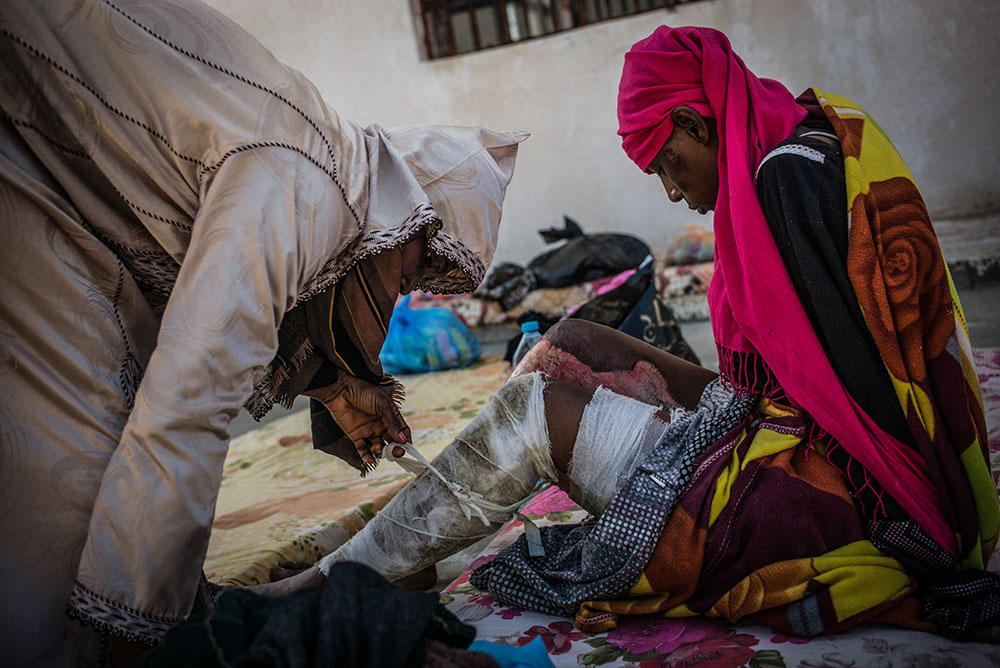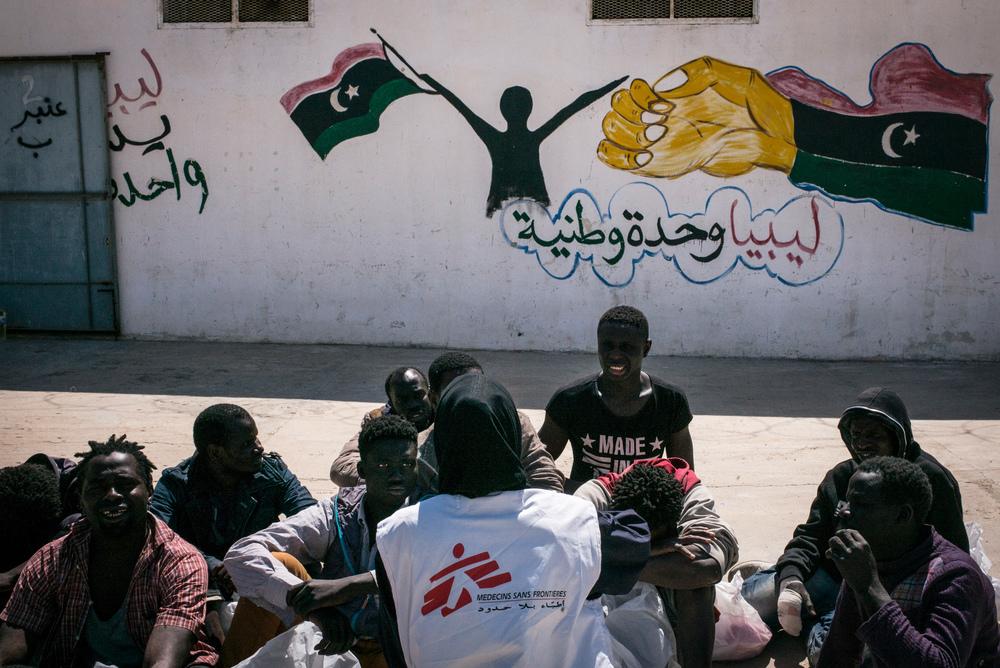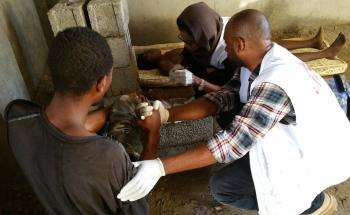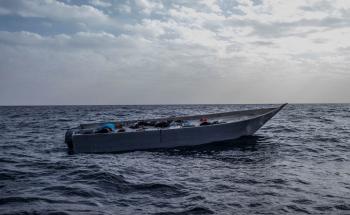Almost three months after suspending medical activities in two detention centres in Tripoli following a series of concerning incidents, Doctors Without Borders (MSF) has returned to work in these centres, to provide vital medical care for detained migrants and refugees. MSF has also resumed activities in a third detention centre, which it had lost access to during that same period.
This development comes after recent talks between MSF and Libya’s DCIM (Directorate for Combating Illegal Migration, in which MSF received assurances that certain basic conditions would be met in the detention centres, enabling us to resume our activities in line with medical ethics and humanitarian principles.
These conditions include: preventing the use of violence against detained people and ensuring the safety of MSF teams; allowing our medical staff unhindered and sustained access to the detention centres; allowing detained people unfettered access to our medical services; and ensuring full respect for the medical confidentiality of people held in the detention centres.
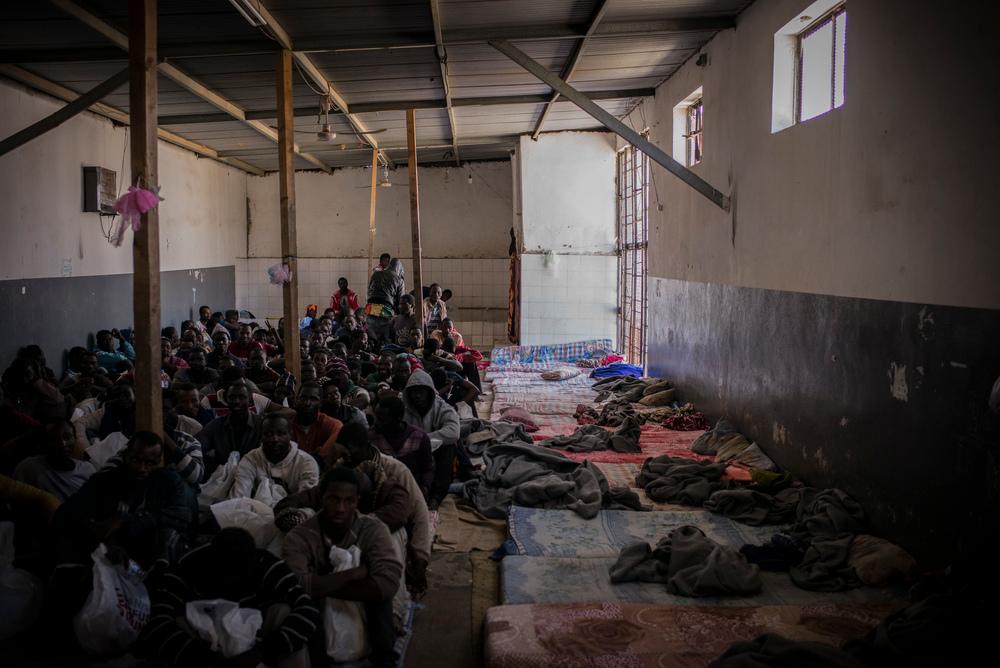
On the 15th of September, MSF teams restarted mobile clinic visits to Al-Mabani (Ghout al-Sha’al), Abu Salim and Shara Zawiya detention centres in Tripoli. Our teams were able to provide much-needed medical care, including psychosocial support, to men, women and children kept in these facilities, who otherwise would have very minimal access to healthcare.
In this first week, MSF doctors examined and treated 404 patients, including 30 children under the age of 15, mainly suffering from skin diseases, gastrointestinal disorders, and upper respiratory tract infections – conditions that are attributable to the poor conditions in which they are held. Our medical team also facilitated the emergency referral of 28 patients to receive urgent medical care in MSF-supported clinics.
While MSF welcomes the assurances made by Libyan authorities that they would address the concerns that compelled us to suspend our activities last June, enabling us once again to provide essential medical care to detained people, we continue to strongly call for an end to this system of arbitrary and indefinite detention in Libya.
We call for urgent voluntary repatriation and resettlement out of Libya for all the detained people in the detention centres.
